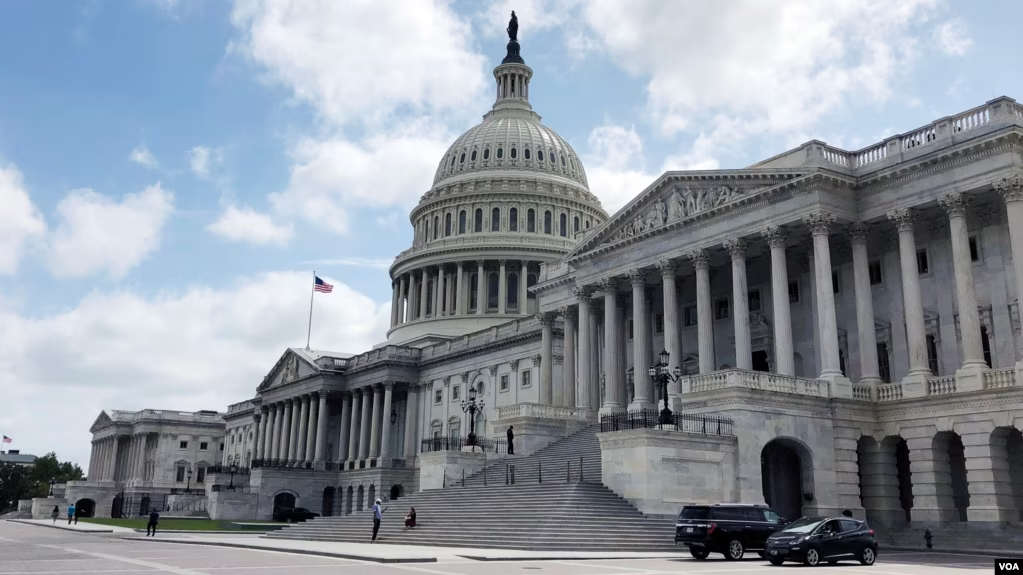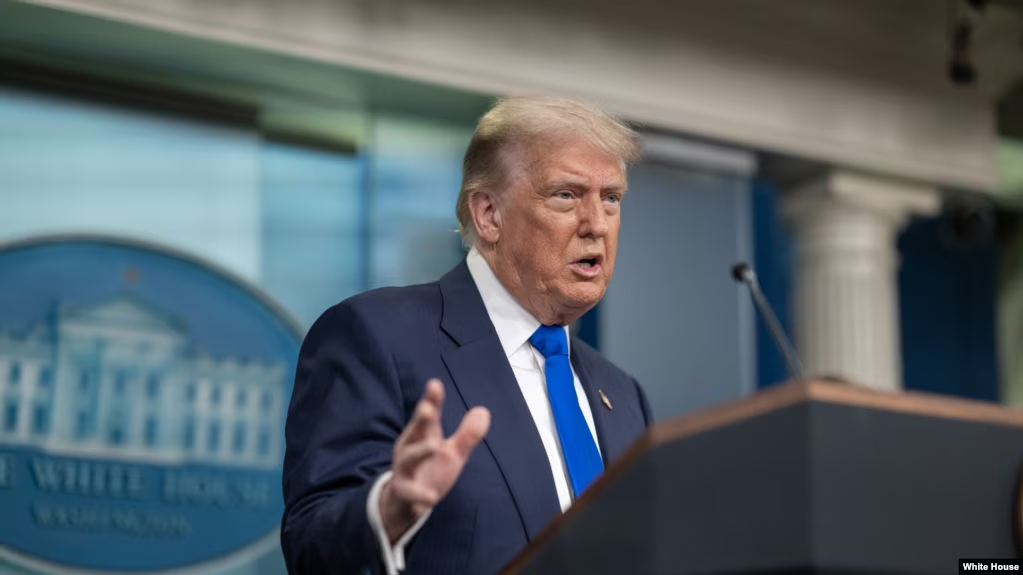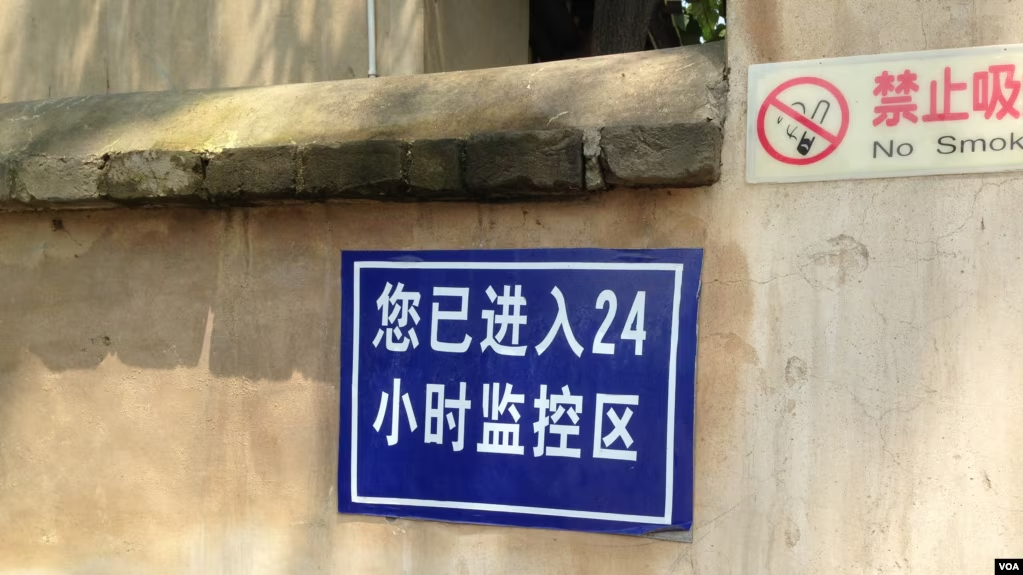
FILE – North Korean leader Kim Jong Un and officials gather for the test firing of a new type of anti-ship cruise missile in this undated photo released by North Korea’s Korean Central News Agency in Pyongyang, Feb. 7, 2015.
January 28, 2016 12:58 PM
CAPITOL HILL—A U.S. Senate panel unanimously approved tougher sanctions against North Korea, targeting its nuclear program, cyber activities and human rights record.
Thursday’s voice vote by the Foreign Relations Committee came several weeks after Pyongyang claimed it tested a hydrogen nuclear bomb, and sets the stage for full Senate passage of the bill.
“It’s going to become law,” predicted the committee’s chairman, Republican Senator Bob Corker.
The bill’s lead author, Republican Cory Gardner, said it builds on legislation passed by the House of Representatives earlier this month.
“Both the House and the Senate bill focus on mandatory sanctions, which is a dramatic change from the sanctions regime we have in place today,” Gardner said. “But it also goes a step further in cyber security policies, codifying executive orders and making sure we are focusing on human rights. Our bill also goes into sanctions on minerals that can be used to fund proliferation activities.”
Lawmakers of both parties acknowledge the United States has little, if any, leverage over North Korea, and that no assumptions can be made that Pyongyang will respond to pressure in a predictable or rational manner. As a result, the sanctions bill targets entities upon which North Korea relies for its nuclear program and other activities.
“It’s challenging,” admitted Democratic Senator Robert Menendez. “But those who are suppliers to North Korea – they are rational actors because for them it’s about economics.
Humanitarian aid unaffected
Menendez co-authored the bill, which also seeks to ensure that sanctions do not disrupt international aid to North Korea.
“American and international organizations that are trying to help the people of North Korea will continue to be able to do so,” Menendez said.
Senator Corker said he remains unsure whether the nuclear test announced January 6 was, in fact, a hydrogen bomb, but noted that both houses of Congress had been mulling tougher sanctions long before North Korea’s most recent detonation.
“There are things that occur that heighten (concern) and cause people to be more acutely focused,” Corker said. “We just happened to be in a position where we could move in a very timely way because of the work that had been done.”
Senator Gardner said he hopes for a repeat of the impact sanctions had on Iran.
“Our sanctions against Iran are what brought them to the negotiating table in the first place,” Gardner said. “Now I wasn’t happy with the ultimate outcome that Iran ended up with, but the fact is tough sanctions, mandatory sanctions will bring them to the table, and we’re looking for a peaceful solution to the Korean peninsula.”
“I believe that we have to move away from a policy that has failed, of strategic patience, and make sure that we are putting in mandatory sanctions that will actually do the job to focus on the forgotten maniac [North Korea’s Kim Jong Un],” he added.










